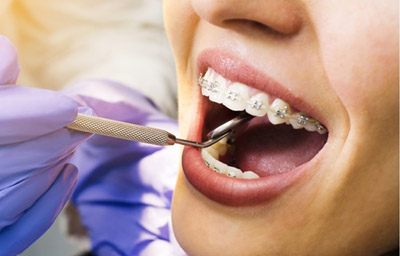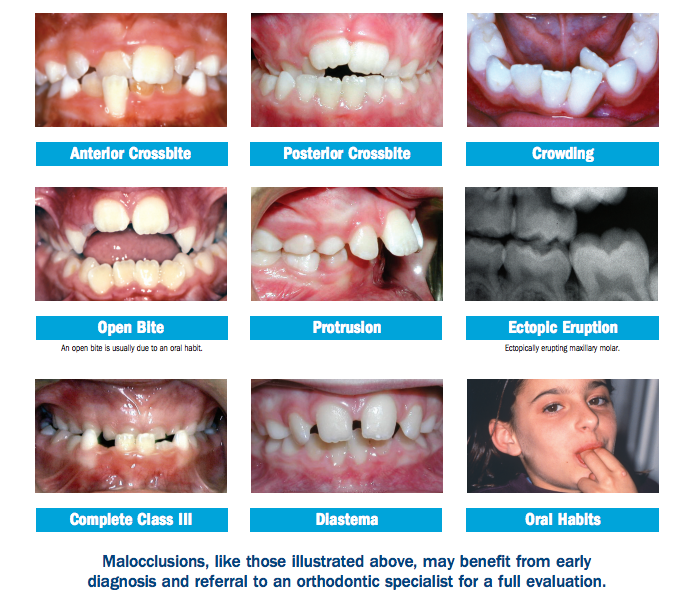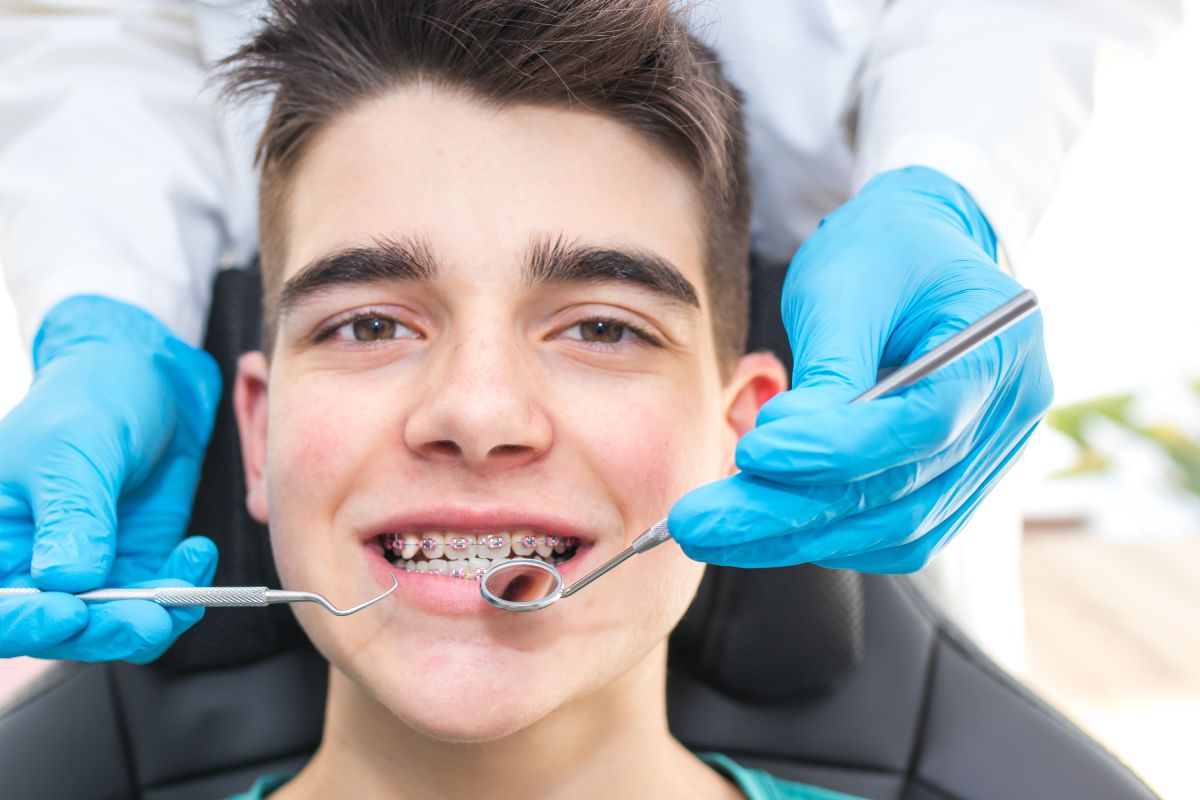The Basic Principles Of Causey Orthodontics
Table of ContentsNot known Facts About Causey OrthodonticsCausey Orthodontics Fundamentals ExplainedSome Known Factual Statements About Causey Orthodontics Indicators on Causey Orthodontics You Should KnowCausey Orthodontics Things To Know Before You Buy
Disregarding occlusal relationships, it was typical to get rid of teeth for a range of dental issues, such as malalignment or congestion. The idea of an undamaged teeth was not extensively valued in those days, making bite correlations appear pointless. In the late 1800s, the concept of occlusion was essential for developing trustworthy prosthetic replacement teeth.As these ideas of prosthetic occlusion proceeded, it ended up being a vital tool for dental care. It was in 1890 that the job and impact of Dr. Edwards H. Angle started to be really felt, with his contribution to modern-day orthodontics especially significant. Concentrated on prosthodontics, he taught in Pennsylvania and Minnesota before routing his attention towards dental occlusion and the therapies needed to maintain it as a typical problem, hence becoming understood as the "papa of modern orthodontics".

The principle of suitable occlusion, as proposed by Angle and integrated right into a classification system, enabled a change in the direction of treating malocclusion, which is any discrepancy from normal occlusion. Having a complete set of teeth on both arcs was very searched for in orthodontic therapy because of the need for specific partnerships between them.
9 Simple Techniques For Causey Orthodontics
As occlusion became the crucial priority, facial percentages and aesthetics were ignored - orthodontist services. To achieve excellent occlusals without using exterior forces, Angle proposed that having perfect occlusion was the very best means to obtain optimum face aesthetics. With the death of time, it came to be quite apparent that even a remarkable occlusion was not ideal when considered from an aesthetic viewpoint
It became noticeable that orthodontic treatment might change mandibular development, leading to the development of practical jaw orthopedics in Europe and extraoral pressure actions in the United States. Nowadays, both useful appliances and extraoral devices are used around the world with the objective of amending development patterns and types. Pursuing real, or at least improved, jaw partnerships had actually become the major goal of therapy by the mid-20th century.
Excitement About Causey Orthodontics
 The American Journal of Orthodontics was produced for this objective in 1915; prior to it, there were no scientific goals to follow, nor any kind of accurate category system and braces that lacked functions. Till the mid-1970s, braces were made by wrapping steel around each tooth. With developments in adhesives, it came to be possible to instead bond steel brackets to the teeth.
The American Journal of Orthodontics was produced for this objective in 1915; prior to it, there were no scientific goals to follow, nor any kind of accurate category system and braces that lacked functions. Till the mid-1970s, braces were made by wrapping steel around each tooth. With developments in adhesives, it came to be possible to instead bond steel brackets to the teeth.Andrews gave an insightful meaning of the ideal occlusion in permanent teeth. This has had significant impacts on orthodontic therapies that are provided consistently, and these are: 1. Correct interarchal relationships 2. Correct crown angulation (suggestion) 3. Right crown inclination (torque) 4. No turnings 5. Limited get in touch with factors 6. Apartment Contour of Spee (0.02.5 mm), and based upon these principles, he discovered a treatment system called the straight-wire appliance system, or the pre-adjusted edgewise system.
The advantage of the design hinges on its brace and archwire mix, which needs only marginal cord flexing from the orthodontist or clinician (orthodontist near me). It's aptly called after this feature: the angle of the port and thickness of the bracket base ultimately determine where each tooth is positioned with little requirement for extra adjustment
Causey Orthodontics Fundamentals Explained
Both of these systems employed similar brackets for each and every tooth and necessitated the flexing of an archwire in 3 planes for finding teeth in their desired settings, with these bends dictating best placements. When it involves orthodontic appliances, they are split right into two kinds: detachable and repaired. Detachable appliances can be handled and off by the person as required.

Thus, almost all modern-day fixed devices can be thought about variations on this edgewise device system. Early 20th-century orthodontist Edward Angle made a major payment to the globe of dentistry. He developed four distinctive home appliance systems that have actually been used as the basis for many orthodontic therapies today, barring a couple of exceptions.
The Greatest Guide To Causey Orthodontics

The wire finished in a thread, and to relocate it ahead, a flexible nut was used, which enabled a boost in circumference. By ligation, each specific tooth was affixed to this extensive archwire (Causey Orthodontics). As a result of its restricted array of movement, Angle was incapable to accomplish precise tooth placing with an E-arch
These tubes held a soldered pin, which might be repositioned at each visit in order to move them in location. Dubbed the "bone-growing device", this device was supposed to motivate much healthier bone growth as a result of its capacity for moving force straight to the roots. Nonetheless, implementing it verified bothersome in truth.
Comments on “Causey Orthodontics Things To Know Before You Get This”